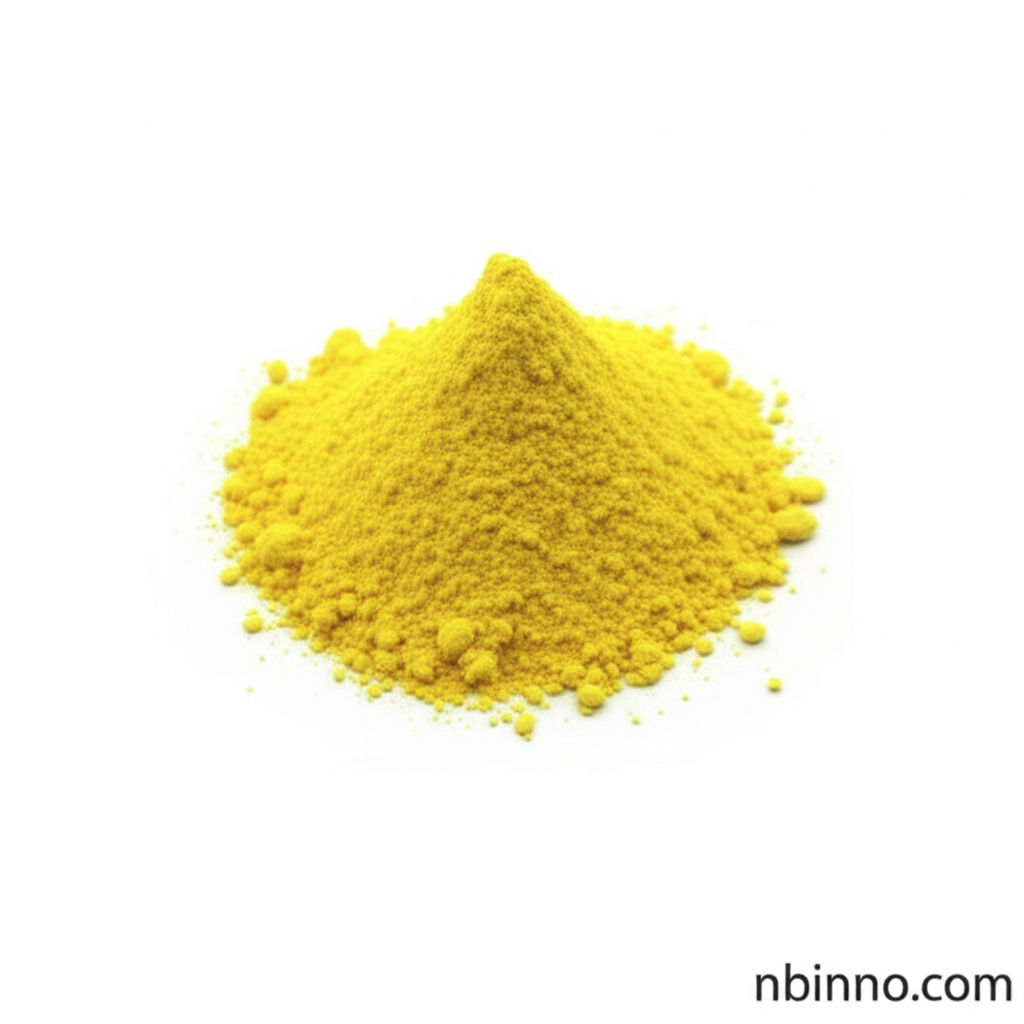Chrysin: A Natural Flavonoid with Potent Anticancer Properties and Therapeutic Applications
Explore the multifaceted anticancer potential of Chrysin, a natural compound with profound effects on various cancer types and pathways.
Get a Quote & SampleProduct Core Value

Chrysin Extract
Chrysin is a naturally occurring flavonoid with significant therapeutic potential, particularly in the field of cancer treatment. Its ability to induce apoptosis, inhibit cancer cell proliferation, angiogenesis, and metastasis, coupled with its antioxidant and anti-inflammatory properties, makes it a promising agent for comprehensive cancer management. Research highlights its impact on various signaling pathways involved in cancer progression, offering a natural approach to combatting this disease.
- Targeting Cancer Pathways: Discover how Chrysin influences key molecular targets and signaling pathways involved in cancer cell survival, proliferation, and metastasis, as evidenced in studies on chrysin anticancer mechanisms.
- Natural Anticancer Agent: Explore the extensive preclinical and clinical evidence supporting Chrysin's role as a potent anticancer compound, as detailed in reviews on natural flavonoid anticancer activity.
- Breast Cancer Applications: Delve into the specific mechanisms by which Chrysin impacts breast cancer, including its effect on estrogen receptor expression, as discussed in research on chrysin breast cancer treatment.
- Apoptosis Induction in Lung Cancer: Understand how Chrysin triggers programmed cell death in lung cancer cells, contributing to its therapeutic efficacy in studies examining chrysin lung cancer apoptosis.
Product Advantages
Broad-Spectrum Anticancer Efficacy
Chrysin demonstrates significant anticancer effects across a wide array of cancer types, showcasing its versatility as a therapeutic agent, a key finding in studies of chrysin anticancer mechanisms.
Enhanced Bioavailability Through Nanotechnology
The development of nanoformulations significantly improves Chrysin's bioavailability, addressing limitations and enhancing its delivery for better therapeutic outcomes, as seen in research on chrysin gastric cancer nanoformulation.
Synergistic Effects with Conventional Therapies
Chrysin exhibits synergistic effects when combined with conventional chemotherapies, amplifying treatment efficacy and potentially reducing side effects, a critical aspect highlighted in chrysin lung cancer apoptosis studies.
Key Applications
Pharmaceutical Development
Chrysin serves as a crucial active pharmaceutical ingredient (API) for the synthesis of drugs targeting various diseases, including cancer, cardiovascular, and inflammatory conditions, supporting chrysin breast cancer treatment.
Natural Health Supplements
Its antioxidant and anti-inflammatory properties make Chrysin a valuable component in health supplements aimed at promoting overall well-being and disease prevention, as explored in discussions on chrysin antioxidant anti-inflammatory effects.
Cancer Research and Therapeutics
Chrysin's potent anticancer activities and its influence on various cancer-related pathways make it a subject of extensive research for novel cancer treatment strategies, exemplified by studies on chrysin hepatocellular carcinoma chemoprevention.
Advanced Drug Delivery Systems
The exploration of nanoformulations for Chrysin delivery is a critical area, aiming to enhance its therapeutic efficacy and overcome bioavailability challenges, as seen in research on chrysin colorectal cancer drug delivery.
